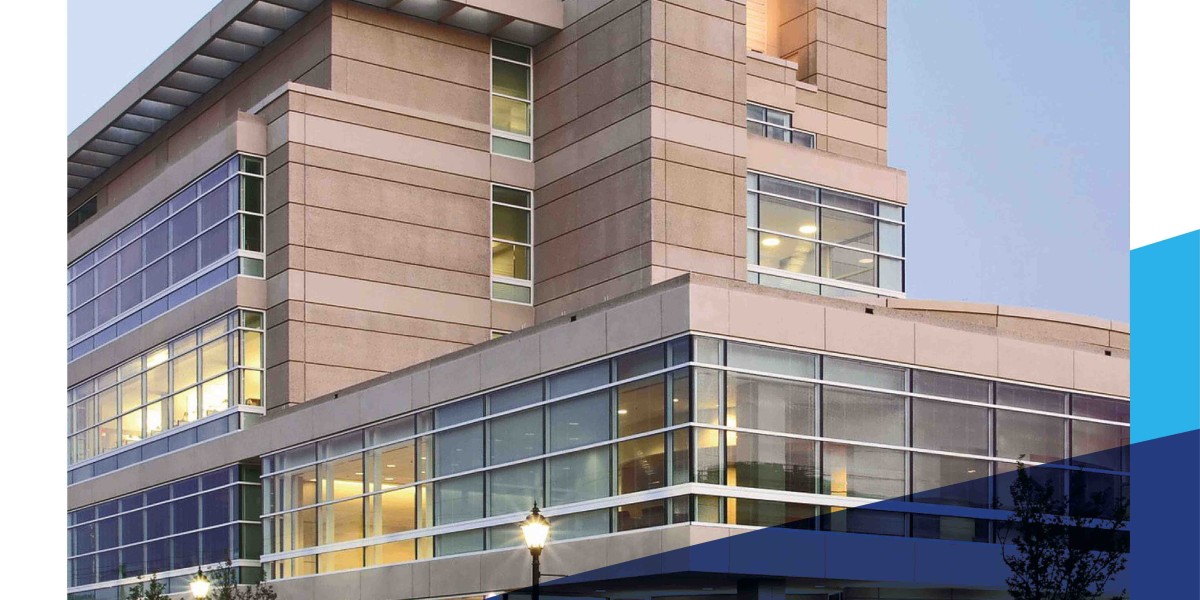Georgia has rapidly become a favored destination for international students pursuing medical degrees, particularly the MBBS (Bachelor of Medicine, Bachelor of Surgery). One of the most appealing aspects of studying in Georgian medical universities is that a significant number of programs are taught in English. This article explores the implications, advantages, and details surrounding the English-medium MBBS in Georgia, making it an attractive option for prospective medical students worldwide.
The Rise of English-Taught MBBS Programs
In recent years, the influx of international students seeking medical education has prompted Georgian universities to offer MBBS programs in English. This shift not only caters to the needs of non-Georgian speakers but also enhances the global reputation of these institutions. English-taught programs allow universities to attract a diverse student body, fostering a multicultural learning environment that enriches the educational experience.
Institutions Offering English-Taught MBBS Programs
Several prominent medical universities in Georgia offer MBBS programs in English. Some of the most recognized include:
Tbilisi State Medical University (TSMU): One of the oldest and most prestigious institutions, TSMU has a robust English-medium MBBS program that attracts students from various countries.
David Tvildiani Medical University (DTMU): Known for its innovative teaching methods, DTMU offers a comprehensive English-taught MBBS program focused on practical skills and clinical exposure.
Batumi Shota Rustaveli State University (BSU): BSU has developed an English-taught MBBS program that combines theoretical education with hands-on training in local hospitals.
European University (EU): EU offers an MBBS program in English, emphasizing modern teaching techniques and practical training.
Structure of the English-Taught MBBS Program
The English-taught MBBS programs in Georgian universities typically span 6 years, structured to provide a balanced mix of theoretical knowledge and practical experience. Here’s a brief overview of the program structure:
Pre-Clinical Phase (Years 1-3)
The initial three years focus on fundamental medical sciences, covering subjects such as:
- Anatomy
- Physiology
- Biochemistry
- Pharmacology
- Microbiology
- Pathology
These subjects are taught in English, allowing students to grasp complex medical terminologies and concepts effectively. The curriculum is designed to build a strong foundation, preparing students for the clinical phase.
Clinical Phase (Years 4-6)
The final three years emphasize clinical rotations across various medical specialties, including:
- Internal Medicine
- Surgery
- Pediatrics
- Obstetrics and Gynecology
- Psychiatry
Students receive hands-on training in hospitals and clinics, interacting with patients and applying their theoretical knowledge. This practical experience is essential for developing the skills required for a successful medical career.
Advantages of English-Taught Programs
Accessibility: Offering MBBS in English makes medical education accessible to international students who may not speak Georgian. This inclusivity attracts a diverse student body, enriching the learning experience.
Global Recognition: English is the lingua franca of the medical community, allowing graduates to easily communicate their knowledge and findings. An English-taught MBBS degree is often more readily recognized by medical boards in various countries.
Comprehensive Curriculum: The programs are designed to meet international standards, often incorporating modern teaching methodologies and the latest advancements in medical science.
Cultural Exchange: Studying in an English-medium program promotes cultural exchange, enabling students from different backgrounds to collaborate and learn from one another.
Improved Communication Skills: Students develop their English language skills, particularly in medical terminology, which is vital for their future careers.
Admission Requirements for English-Taught MBBS Programs
To enroll in an English-taught MBBS program in Georgia, prospective students typically need to meet specific admission requirements:
Academic Qualifications: A high school diploma with a strong emphasis on science subjects such as Biology, Chemistry, and Physics is essential.
Language Proficiency: Proof of English language proficiency is required, often through standardized tests like IELTS or TOEFL. Some universities may waive this requirement if the candidate has completed their previous education in English.
Medical Fitness Certificate: A medical certificate confirming the candidate's fitness to pursue medical studies is typically required.
Entrance Examinations: While some universities may require entrance exams, others may not, so it’s essential for students to verify specific university requirements.
Documentation: Students must submit various documents, including academic transcripts, passport copies, and letters of recommendation.
Challenges and Considerations
While studying MBBS in English in Georgia offers numerous benefits, students should also be aware of potential challenges:
Cultural Adjustment: Adapting to a new culture and environment can be challenging for some students. Language barriers outside the academic setting may also pose difficulties.
Accreditation: Students should ensure that the university they choose is accredited and recognized by relevant medical boards in their home countries.
Clinical Practice: Although clinical training is provided in English, some patients and healthcare staff may primarily communicate in Georgian. Learning basic Georgian phrases can enhance interactions and patient care.
Financial Considerations: While tuition fees are generally lower than in Western countries, students should plan their finances carefully, considering living expenses and other costs.
Conclusion
The availability of English-taught MBBS programs in Georgian medical universities makes the country an appealing choice for international students aspiring to pursue a career in medicine. With a structured curriculum spanning six years, students benefit from a comprehensive education that emphasizes both theoretical knowledge and practical skills.
Studying in an English-medium environment not only facilitates understanding but also fosters a diverse, multicultural atmosphere that enriches the educational experience. As more students flock to Georgia for medical studies, the country continues to strengthen its reputation as a viable and rewarding option for aspiring doctors worldwide.
By choosing to study medicine in Georgia, students embark on a transformative journey that prepares them for a successful career in healthcare, equipping them with the skills and knowledge necessary to make a significant impact in the medical field.


